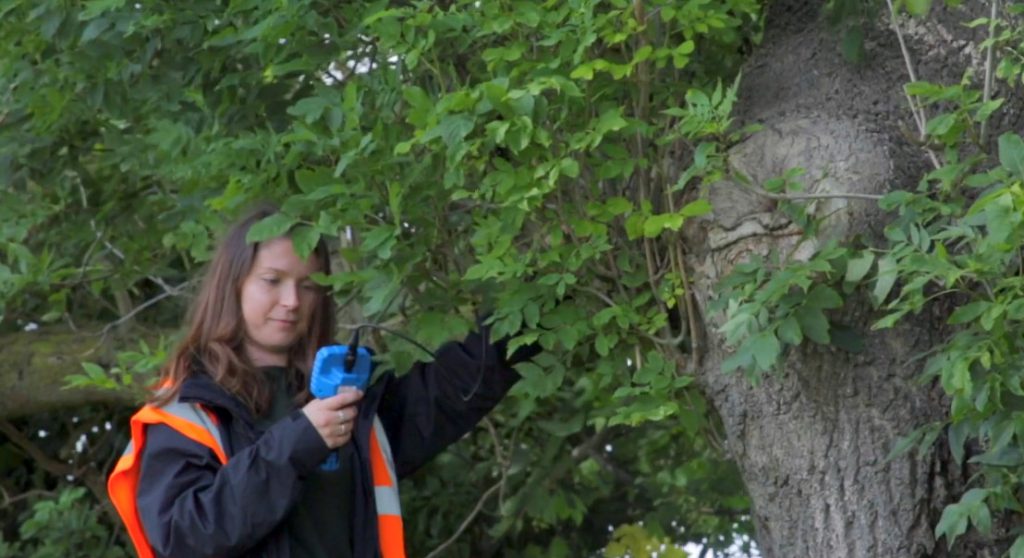Patches of Undeveloped Land Across the Isle of Wight
Situated in the South East, the Isle of Wight is classed as the largest island in England by size and the second largest island in England by population, following closely behind Portsea Island in Portsmouth. Formed from 38,016 hectares of land, it is 85.61% rural and features an Area of Outstanding Natural Beauty (AONB) from the UK’s list of 42 locations.
With so much available undeveloped countryside, the local authorities are given room to further develop the island. It isn’t a straightforward endeavour for all developers though. For example, in 2021, the Isle of Wight Council objected to more than 80 development plans involving greenfield sites. As a result, brownfield sites have emerged as a suitable alternative, with the local council receiving £950,000 from the government to build new homes on available brownfield land across the island.
For many developers, greenfield land is significantly more desirable than brownfield land, and the planning project itself would benefit from being staged on land with no existing infrastructure present. That said, greenfield land doesn’t come without issues, particularly as the lack of previous intervention means that historic features may be hidden on or beneath the surface of the ground.
Consideration to Archaeology
Licensed archaeologists advise local councils on relevant planning policies and specific applications for planning permission on listed historic sites or undeveloped land. The Isle of Wight Council is no different, with sections on archaeology dedicated to historic environment records (HER), historic landscapes on the Isle of Wight, and archaeological advice.
In the archaeological advice section, it states that the National Planning Policy Framework (NPPF) references the conservation of the historic environment. Due to this factor, archaeologists operating in conjunction with the local council work to ensure that planning consent is only granted under the condition that certain requirements are met.
Anyone managing a planning project in the Isle of Wight would benefit from the support of a professional archaeological consultant as a method of satisfying the local authority’s strict policies. It is possible to do this by booking one of our experts in the local area to conduct an archaeology survey on the site.
Surface Surveys and Geophysical Surveys
A traditional archaeology survey is split into two sections: a set of desk-based assessments and a site inspection featuring a surface survey and a geophysical survey. It will start with a desk-based assessment to find existing information about the site, such as whether it is a listed historic site, if known historic remains are present, or if archaeological records point towards it holding historic value.
After a surface survey to identify any visible archaeological remains, a geophysical survey will involve highly-specialised equipment such as a ground penetrating radar (GPR) to identify underground features. The archaeological surveyor will push the GPR over all parts of the site, sending radio waves into the ground and measuring distances between the device and features underground by how long they take to reflect backwards.
Whenever radio waves travel shorter distances, it can be an indication of archaeological remains beneath the surface of the ground. If the desk-based assessment doesn’t explain any inconsistent readings, the archaeologist may opt to excavate. Depending on the nature of the site, they may also introduce other techniques into the assessment, such as aerial photography, site discovery, walkovers and watching briefs.
As well as additional techniques, the archaeological consultant may decide to include consideration to relevant building survey results, contours, earthworks and proximity to the National Grid. An archaeology report will then be produced to detail the course of the survey and the next steps from the perspective of the archaeologist. Information from the archaeology survey report will address any issues and eliminate any obstacles that could otherwise harm an application for planning consent.
Archaeology Experts
Listed historic sites and plots of land that feature no previous infrastructure require an archaeology survey to determine suitable next steps that will allow the development to move forward. Arbtech boasts a comprehensive team of surveyors in all fields including archaeology, and we cover all areas of the UK, even extending to clients in the Isle of Wight to provide the insights and expertise they need.
If you would like a free quote before committing to us, speak to us by calling us over the phone or filling out an online quote form, and give us details about your site and project. We can then create a bespoke quote, and if you are happy with it, let us know, and we can arrange a suitable time to attend your development site for an archaeology survey. Our team of archaeologists will correctly guide you in the right direction, bolstering your application for a planning condition.


